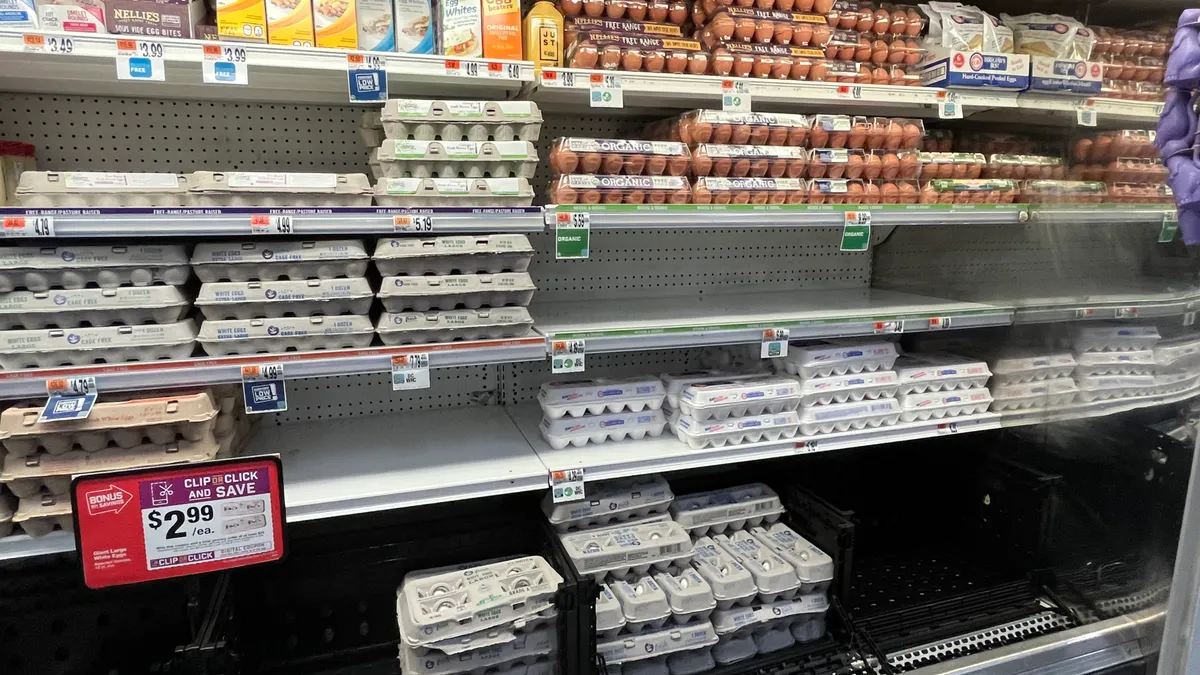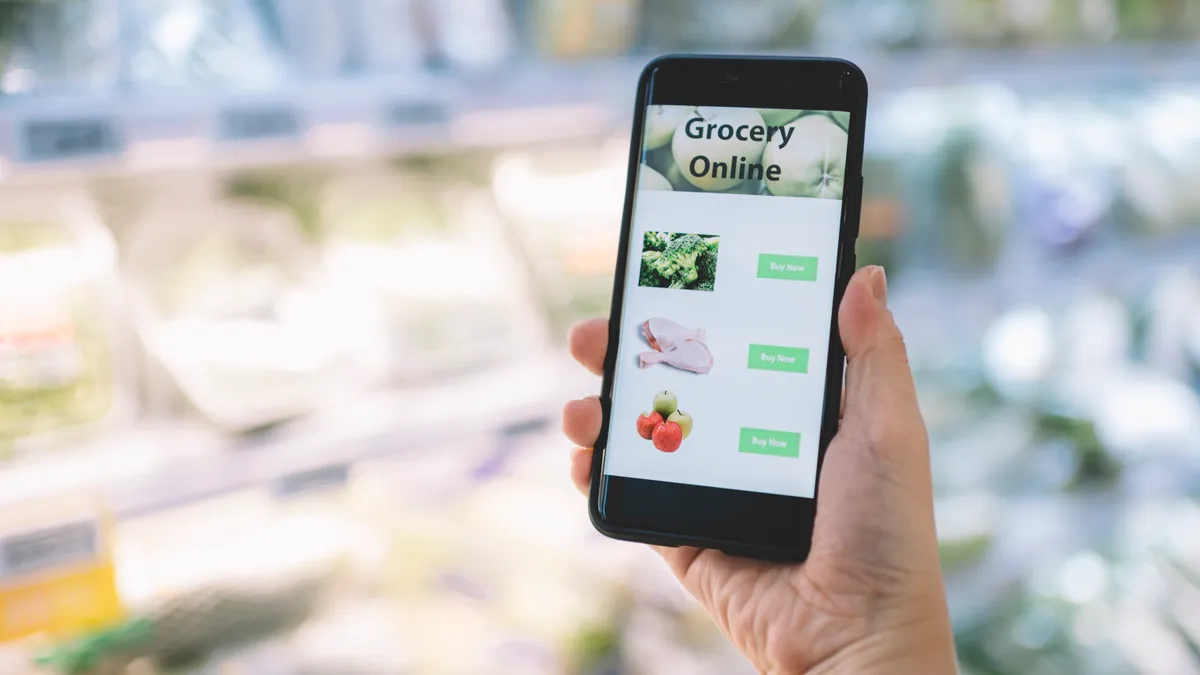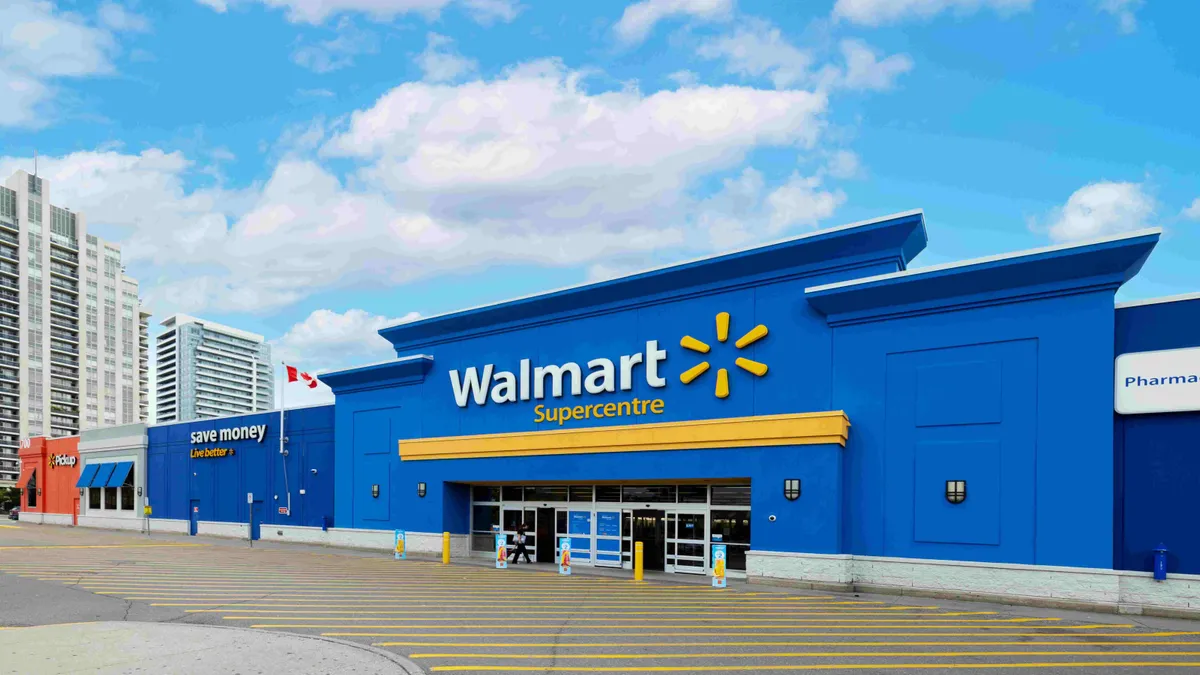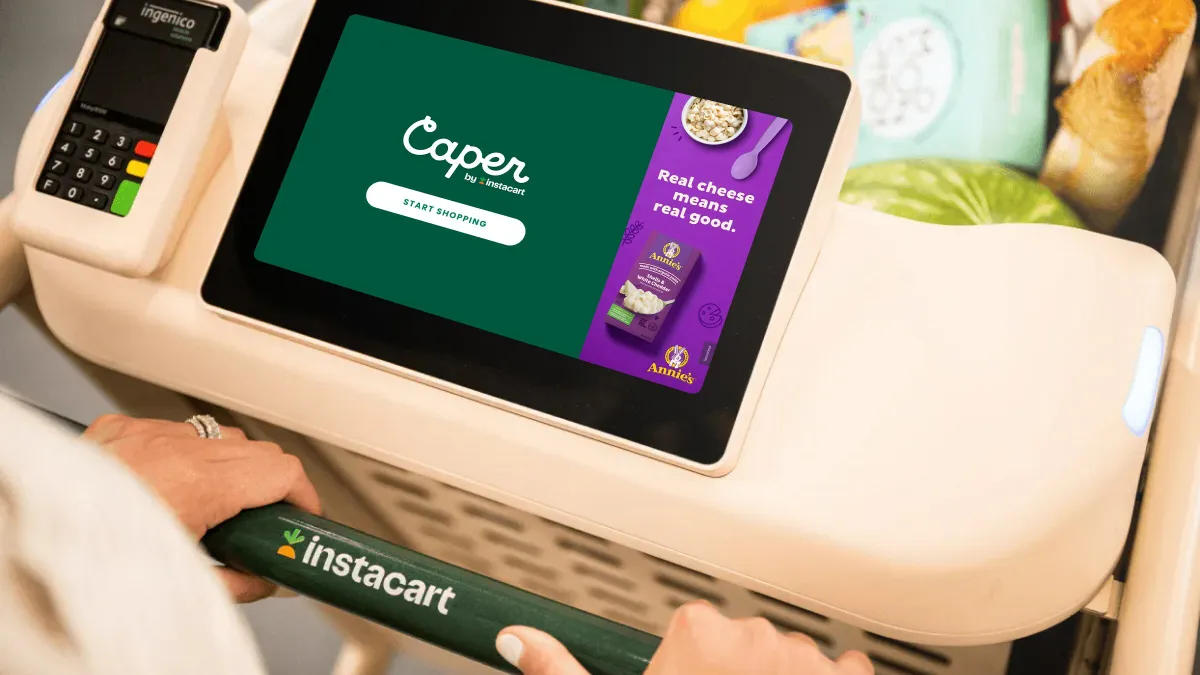The Friday Checkout is a weekly column providing more insight on the news, rounding up the announcements you may have missed and sharing what’s to come.
The American Egg Board promotes eggs as an “incredible” meal component, but an acute shortage of the supermarket staple along with skyrocketing prices across the country has customers hungry for the commodity feeling, well, incredulous.
Far from a way to “stretch your grocery budget further,” as the trade organization describes the food on its website, eggs have recently grabbed headlines as shoppers scramble to find them on store shelves at any price — and often come up empty.
Egg prices rose more than 11% in December compared with the previous month and were up nearly 60% over the past year, making them a key driver of grocery inflation, the U.S. Bureau of Labor Statistics said Thursday. According to IRI, meanwhile, fresh egg inflation hit an 84.6% annual pace in December.
The Federal Reserve Bank of St. Louis laid out the issue more explicitly, reporting that the average price of a dozen large eggs in cities cracked the $4 mark in December, reaching $4.25. That’s up from $3.59 in November and $1.79 in December 2021, the bank said.
Costs are even higher in California, where the benchmark price for a dozen large eggs is now $7.37, the USDA reported Thursday in its weekly Egg Markets Overview.
Experts attribute the unusually high egg prices to a combination of factors, including increased fuel and feed costs as well as the avian flu outbreak that has sickened tens of millions of hens, forcing farmers to kill many of the birds, depleting the nation’s egg supply. High demand from consumers looking to cut the amount of meat they consume by eating more eggs instead has also contributed to the crisis, CBS News reported.
Relief might soon start rolling into view. Producers are bouncing back from the challenges brought on by the avian flu “and are back to producing eggs,” American Egg Board President and CEO Emily Metz said, according to today.com.
The USDA reported that even as shoppers “support freshly-minted healthier lifestyle resolutions and eggs remain a popular go-to option” as 2023 begins, demand for eggs has started to “slowly retreat” from levels seen during the holidays. Still, it will take time for egg prices in stores to retreat, the agency cautioned.
In case you missed it
JackBe nimble, JackBe quick
JackBe, a soon-to-debut grocer, is looking to jump over the candlestick — er — hurdle of in-store shopping headaches with its drive-thru format. JackBe's website says it is planning to debut its first locations in the Oklahoma City area, starting with a storefront at 18001 N. May Ave. right in the heart of the city. Two more locations are set to open sometime this year, per the company's WeFounder page, on which 86 people contributed a total of more than $356,000 to the startup.
JackBe is one of several new grocery startups focused solely on pickup. Fresh Street, an e-grocery startup with only click-and-collect service, arrived in Chicago in May but has closed its physical store, instead pivoting to launch a marketplace early this year that lets retailers shop U.S. distributors. Startup Opie, which was co-developed by a former Chick-fil-A manager, opened a 3,000-square-foot pickup-only store just outside Charleston, South Carolina, in 2021.
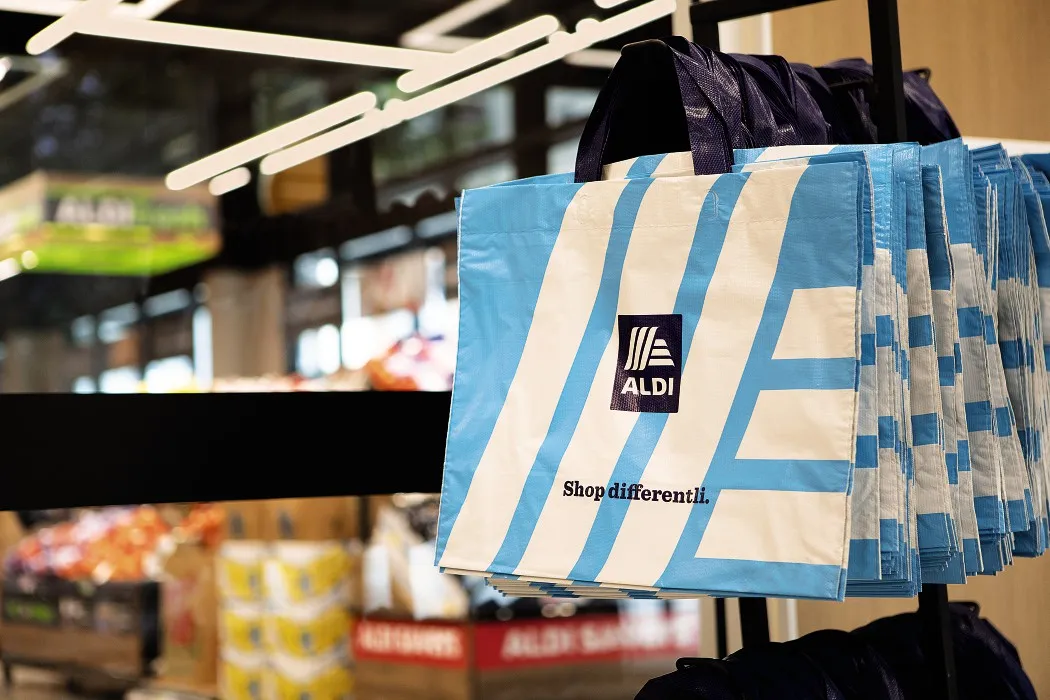
Single bag ban drama continues in New Jersey
Last May, New Jersey’s ban on single-use plastic and paper bags at grocery stores over 2,500 square feet took effect. Since then, shoppers have found they are accumulating totes from delivery couriers and amassing large collections of reusable bags.
Now, state lawmakers are considering allowing grocers to provide customers with the choice of getting their online orders delivered in cardboard boxes, dropped off in a container provided by customer or in paper bags made of at least 40% post-consumer recycled content, NJ.com reported.
That proposed bill to amend the ban would also require stores and third-party services to take back extra reusable bags or create a donation system for the bags to go to places like food banks.
Sen. Bob Smith, D-Middlesex, who introduced the legislation, told the publication that the fervor of the bag ban is subsiding and stressed that the state will not see the return of plastic bags for grocery e-commerce orders.
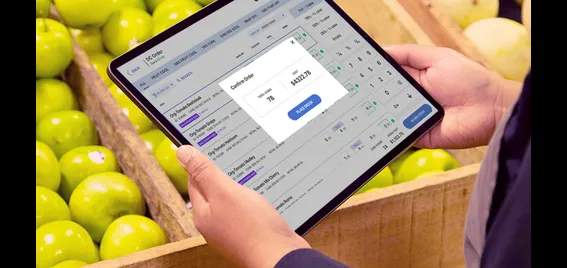
Albertsons finishes expansion of Afresh technology
About a year ago, Albertsons said it would roll out the fresh food optimization technology from Afresh Technologies across its entire fleet. On Thursday, Afresh Technologies that the deployment has been completed.
Afresh’s solution allows workers at Albertsons’ banners, including Safeway, Jewel-Osco and Vons, to improve fresh produce inventory management and planning with real-time insights, per the announcement.
The expansion of the technology at one of the country’s largest grocers comes at a time when the grocery industry is increasingly seeking food waste solutions. Afresh noted that this type of large-scale enterprise software “could typically take years” to implement in the grocery industry, but that the company completed the deployment in seven months.
Number of the week: $23 billion
That’s the amount of online sales grocers forfeited in 2022 because items were unavailable or they couldn’t provide a substitute, according to data from the Grocery Doppio research platform published this week. Grocery Doppio, which is managed by Incisiv and Wynshop, expects e-commerce to account for more than 15% of the grocery market this year, or about $146 billion in sales.
What’s ahead
National Retail Federation conference on tap
The National Retail Federation’s annual conference is set to occur Sunday through Tuesday at New York City’s Jacob K. Javits Convention Center. Look for coverage of the industry event in Grocery Dive next week.
Albertsons dividend saga returns to court
Supreme Court justices in the state of Washington will convene Tuesday to consider whether to overturn a Seattle court’s denial last month of a preliminary injunction against Albertsons’ controversial plan to distribute a $4 billion special dividend to shareholders. Washington Attorney General Bob Ferguson requested the injunction on the grounds that paying the dividend would weaken Albertsons as it looks to merge with Kroger. Albertsons has said it is in strong financial shape and should be allowed to proceed with the payout.


